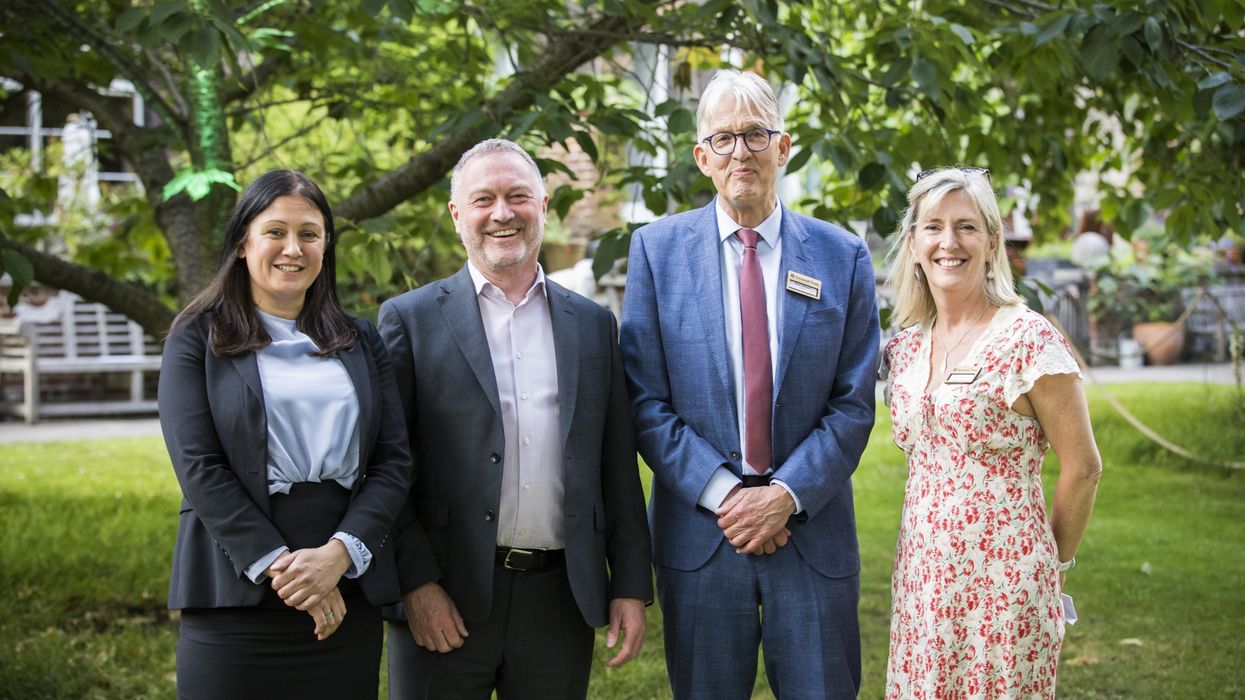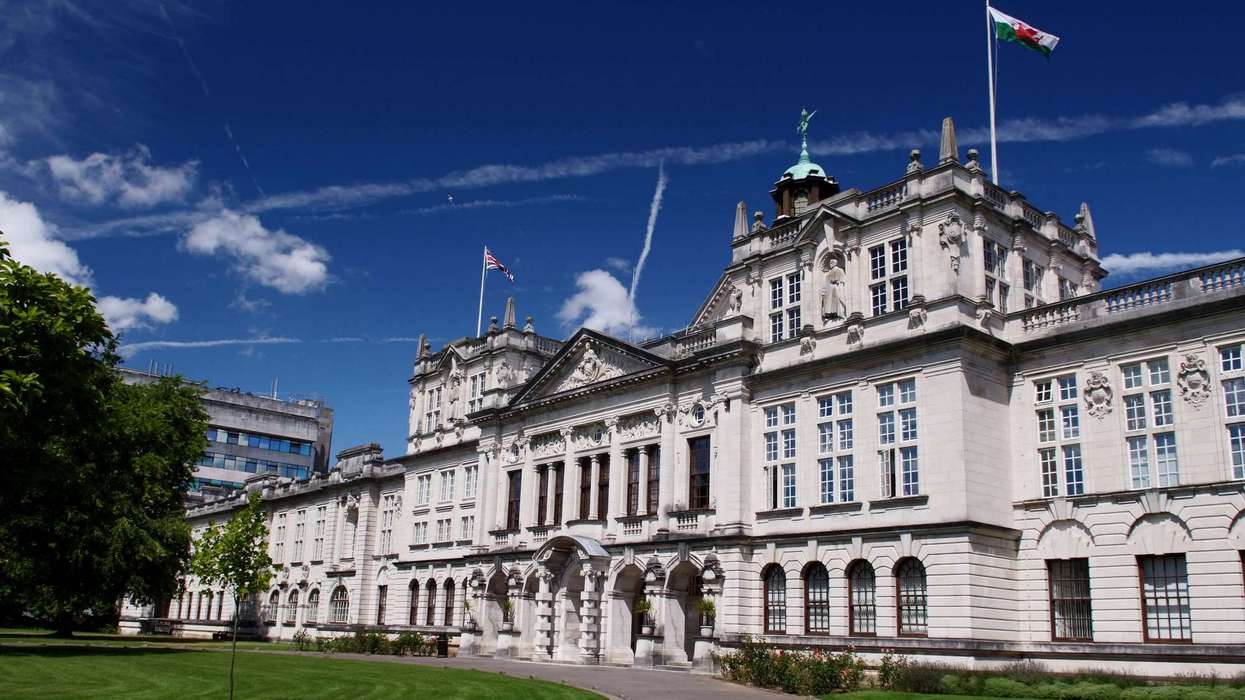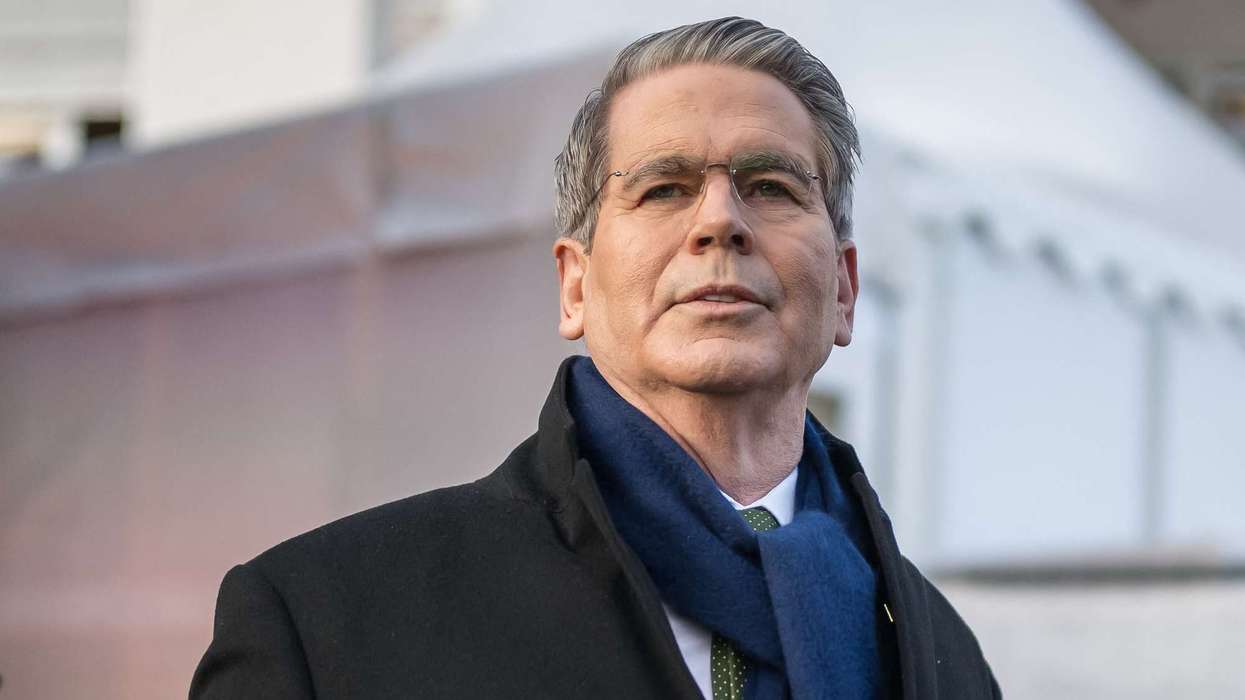THE National Trust, which is seeking to broaden its appeal to British Asians, is marking its 130th anniversary with a renewed commitment to restoring nature and widening access under a 10-year strategy.
Its director-general, Hilary McGrady, also aims to inspire more people to get involved in caring for the country’s natural resources.
The National Trust was founded in 1895 by three Victorian philanthropists – Octavia Hill, Sir Robert Hunter and Canon Hardwicke Rawnsley – to “promote the permanent preservation for the benefit of the nation of lands and tenements (including buildings) of beauty or historic interest”. With more than “5.38 million members, 11,000 staff and 61,000 volunteers, it is now Europe’s largest conservation charity, caring for over 250,000 hectares of farmland, 890 miles of coastline and 500 historic properties, gardens and nature reserves, for everyone, for ever”.
It wants more British Asians to apply for jobs with the Trust or offer to become volunteers. Many of its historic properties have Indian connections.
McGrady, who has been with the Trust for 20 years, set out the organisation’s aims: “For 130 years, the National Trust has responded to the crises and challenges of the time. Today, nature is declining before our eyes and climate change is threatening homes and habitats on a colossal scale. Meanwhile, millions of people can’t enjoy the benefits that green space and heritage bring.
“So, we will ramp up our work to restore nature, both on our own land and beyond our boundaries. We’ll work to end inequality of access to green space and cultural heritage. And we will inspire millions more people to take action to protect the things we all need to thrive.
“Our charity’s founders were passionate campaigners who recognised the threats to our natural and cultural heritage, and, against the odds, did something about it. That same boldness is needed today. The Trust is uniquely placed to do something about these challenges and it’s why we are setting ourselves these ambitious but much-needed goals.”
At a recent reception to mark the Trust’s 130th birthday in College Gardens, Westminster, the director general asked guests to close their eyes and imagine their favourite idyllic locations.
“You need to know the National Trust is here to look after it, to support it, to stand up for it, to stand up for the right for everyone to have the kind of access to the beauty and the nature that you’ve been thinking about,” McGrady said.
She was “incredibly proud” of what the Trust had achieved “from the very days where there was just a glint in Octavia’s eyes. But I also want you to think about the legacy – not just what we’ve achieved so far, but the legacy we want to leave for our future, for your children, your children’s children, and far beyond,” she added.
She pointed out: “Our historic fabric in our towns and our cities is under massive threat, because we’ve no money to be able to upkeep them. Local authorities are under real pressure. People living in cities – 40 per cent of them – have no access to green or blue space, and so that connectedness that is so vital for the care of nature is being broken.
“And, of course, climate change is affecting everybody’s life – and anyone who doesn’t think it, please just look at the flooding, look at the heat damage, look at our landscapes. These are new challenges, and the Trust is going to step up and face them again.
” She declared: “We’re going to restore nature. We’re not just going to stop the decline. We’re going to restore it.”
McGrady said: “We’re going to move more and more into cities.” “We’ve just done that at Castlefield,” she added, referring to the transformation of a Victorianera steel viaduct transformed into a green “sky garden” in the heart of Manchester.
She also spoke about a landscape project in Belfast: “We’ve just acquired an amazing bit of divis on the edge of Belfast that will make a massive difference to the north of the city.”
She paid tribute to the people who had built the organisation over 130 years: “I stand on the shoulders of many, many of those giants, and they’re the people who built an institution that is much loved, that is much respected and is really trusted, which in this day and age, is a rare and a precious thing I will fight to protect to the death.
” She concluded: “I hope that Octavia – if she’s looking down on us now – will be pleased to see the spirit of the National Trust remains and that we remain for everyone, forever.”
McGrady was followed by Steve Reed, secretary of state for the environment, food and rural affairs, who waved his National Trust membership card: “We all have a special place we love to visit. For me, it’s Sissinghurst Castle in Kent. I love the beautiful gardens designed by the writer and poet Vita Sackville-West and her husband Harold Nicolson, which remain popular today.”
He expressed the Labour government’s support for the Trust: “I look forward to working with the National Trust to develop this work and open up more of our beautiful countryside for everyone to enjoy.”
He said: “Nature underpins everything: our economy, our communities and our livelihoods. But we have become one of the most nature-depleted countries in the world. Restoring nature is a key pillar of the government’s plan for change.
“I’ve just arrived back this afternoon from the UN Oceans Conference in Nice. I was proud to announce a consultation on banning bottom-trawling in our marine protected areas. We can’t go on wiping out precious marine habitats, just because they’re out of sight beneath the sea.
“And yesterday, my colleague Matthew Pennycook announced that the government will update national planning policy to ensure swift bricks are incorporated into new buildings. They make a massive impact on expanding bird populations. We will make sure that now happens in new developments right across the country.
“We will create nine new national river walks, plant three new national forests and support communities to create new parks and green spaces in their neighbourhoods. We’ve already announced the first new national forest between the Cotswolds and the Mendips which will see 20 million trees planted in the coming years.
“It’s a national scandal that our rivers, lakes and seas are choked by record levels of pollution. We’re cleaning them up with new laws to ban bonuses for water bosses who oversee catastrophic pollution incidents, and bringing in over £100 billion of private funding to fix the broken pipes that are the primary cause of sewage leaks.”
The culture secretary, Lisa Nandy, also spoke in support of the Trust, in contrast to some of her predecessors under the Tories who had criticised a report revealing that nearly a hundred of its historic properties were built with money made in India or through the slave trade.
Nandy said she had visited Trust properties with her parents and now, with her 10-year-old son, had been to “hundreds of National Trust properties all over the country”. “What we’ve seen is an organisation that is truly national in the sense that you are rooted locally, standing with communities not just to protect and preserve, but to promote and celebrate the pride, heritage and contribution of those places and their people to our country.”
The volunteers were warmly thanked by the Trust’s chairman, René Olivieri.




